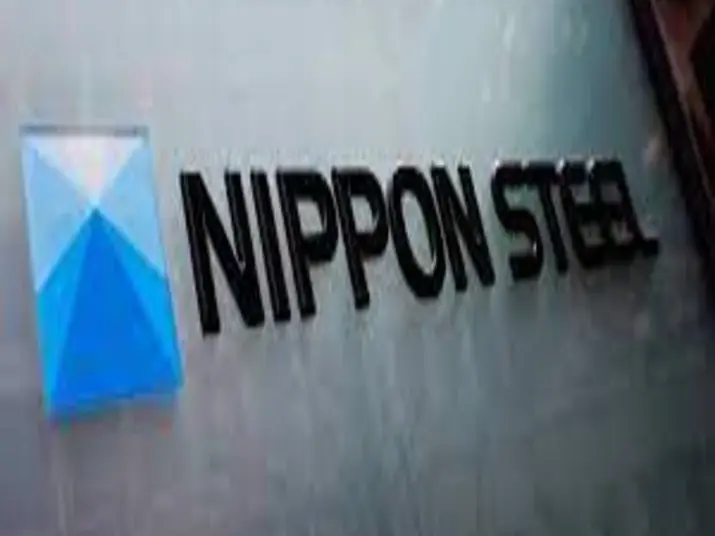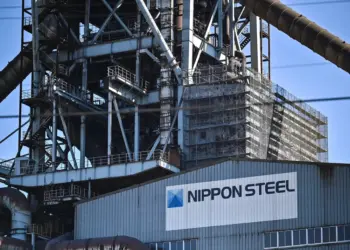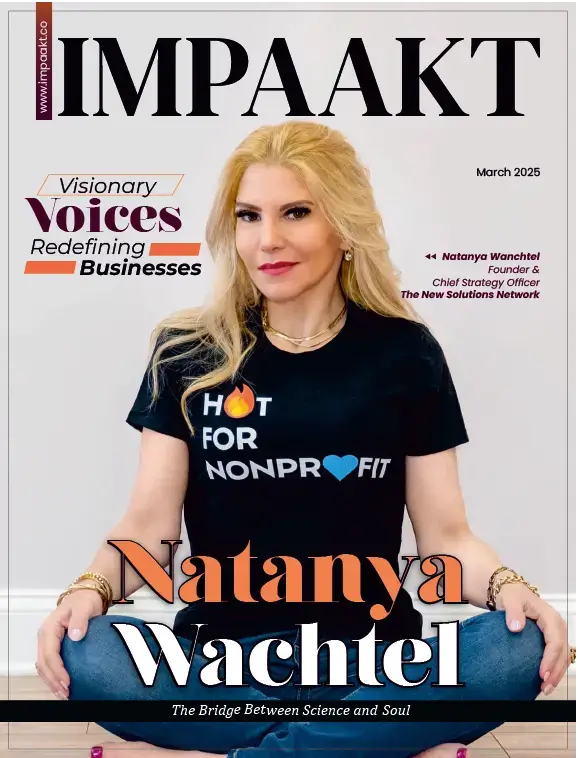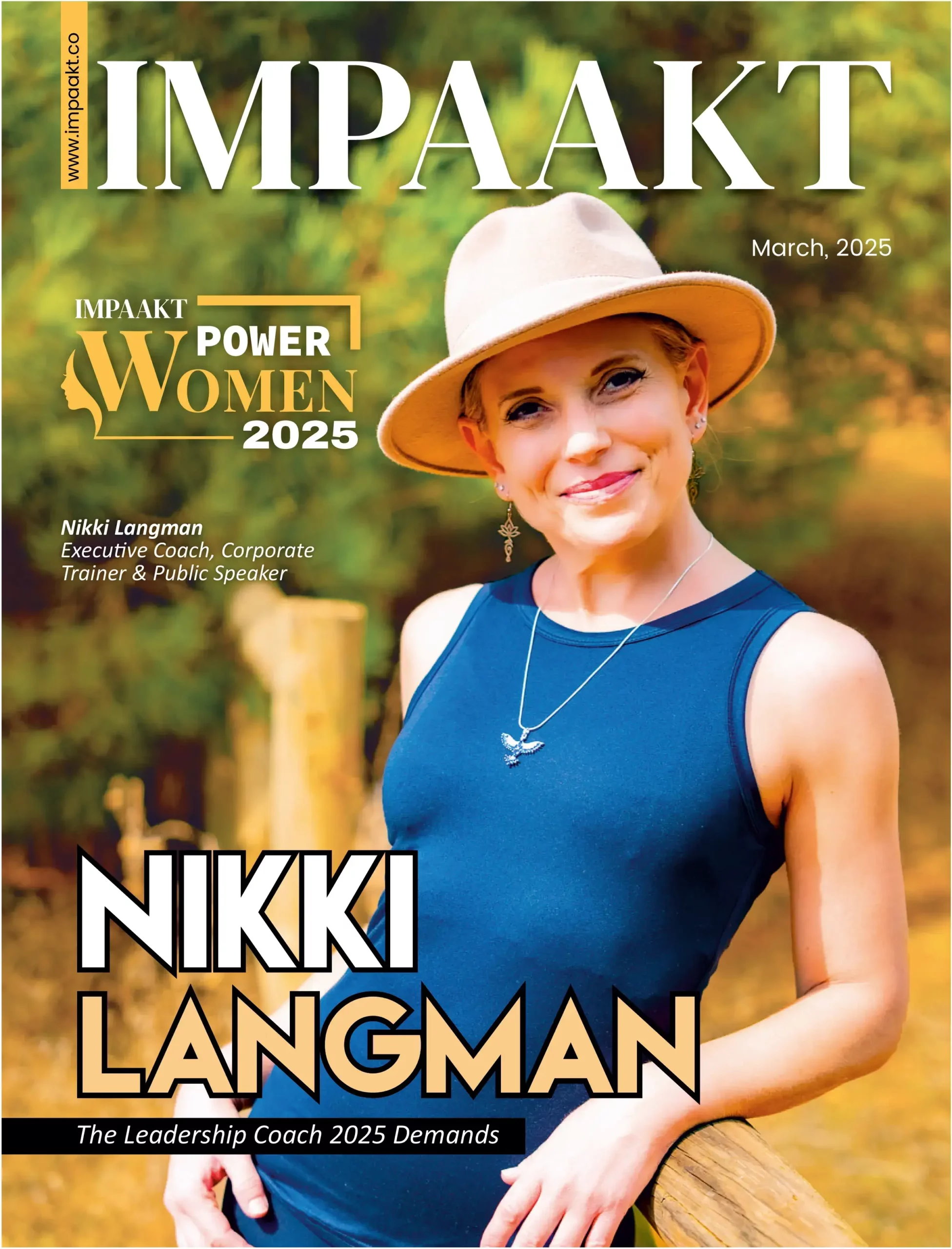Nippon Steel’s U.S. Steel Deal: An Investment Shaping American Industry
In a bold move that has gained national attention, Nippon Steel offered to acquire U.S. Steel in a $14 billion deal. The proposal, announced in late 2023, marks one of the largest industrial acquisitions involving a Japanese company and a symbol of American manufacturing. This acquisition isn’t just about steel; it reflects larger conversations around national security, jobs, and the nature of foreign investment in the United States. It comes at a time when global markets are shifting rapidly, and countries are becoming more cautious about strategic sectors like steel, energy, and technology.
National Security and Nippon Steel’s U.S. Steel Acquisition
National security is one of the biggest topics surrounding the Nippon Steel-U.S. Steel deal. Some U.S. lawmakers, as well as the United Steelworkers union, have raised questions. Is letting a foreign company own such a critical part of America’s infrastructure safe?
Steel remains essential to defence, construction, and transport. Critics of the deal fear that foreign ownership might create dependencies or risks. However, Nippon Steel has pledged full commitment to U.S. national interests and has cooperated with all review processes so far. A federal panel known as CFIUS (Committee on Foreign Investment in the United States) has reviewed the deal and submitted its opinion to President Trump. His final decision is expected soon.
Union Voices and Worker Concerns in the Nippon Steel Deal
While corporations discuss numbers, workers are thinking about their futures. The United Steelworkers union, which represents thousands of employees, has expressed concern. They worry about job security and the potential impact on U.S.-based operations. The union has asked President Trump to block the deal. They cite Nippon Steel’s history of trade disputes and their fear that corporate promises may not fully translate into worker protections.
Still, Nippon Steel insists it will preserve jobs and even expand American operations. The company has promised to invest in modernisation, including a proposed $4 billion steel plant in the U.S.
What the Nippon Steel Deal Means for U.S. Foreign Investment
This proposed acquisition also raises a larger issue: foreign investment in the U.S. America has long welcomed investment from abroad, but recent years have brought a shift. The COVID-19 pandemic, global trade tensions, and technology-related security risks have made leaders more cautious. Now, many are reevaluating how much foreign ownership is too much, especially in key sectors.
Supporters argue that such deals fuel innovation, create jobs, and build stronger international partnerships. Opponents stress the need for regulation, transparency, and strong protections for national industries.
Nippon Steel’s Deal Reflects Changing Global Trade Norms
This isn’t just a business deal—Nippon Steel’s offer highlights how global economic relationships are evolving. Japan and the U.S. are strong allies, and this acquisition could deepen economic ties.
However, the world is more sensitive than ever to trade relationships. Countries are focusing on digital trade, green energy, and protecting critical infrastructure. The steel industry sits right at the centre of many of these concerns. What happens with this deal could set a new standard for future cross-border industrial acquisitions.
Bipartisan Reactions and Political Landscape Around the Deal
The proposed acquisition comes at a politically sensitive time. With an election year approaching, both Republicans and Democrats are responding to voter concerns about jobs and economic strength. President Trump has stated his preference to keep U.S. Steel American-owned. However, he and his team are also engaging with Nippon Steel and reviewing national security implications seriously.
Lawmakers, industry leaders, and the public are watching closely. The final decision may influence other foreign companies thinking about U.S. investment.
The Road Ahead: Awaiting Final Decision on Nippon Steel’s Bid
Now that CFIUS has submitted its recommendation, all eyes are on the President. He has 15 days to announce a decision that could shape economic policy. Whether the deal goes through or not, it has already sparked a valuable conversation. Americans are reflecting on how to balance economic growth with national security and worker rights. No matter the outcome, the need for a clear policy on foreign investment is becoming urgent.
Stay Informed with Business Leaders Shaping the Future
To learn more about how decisions like the Nippon Steel-U.S. Steel deal affect you, subscribe to IMPAAKT Insights and Top Business Magazine. Stay ahead of trends, understand global market shifts, and get expert analysis on the stories shaping tomorrow’s economy. Invest in information. Understand the impact. Build a better future











